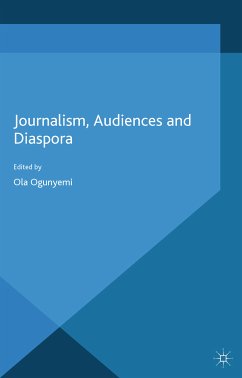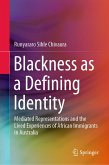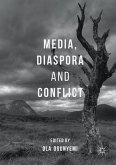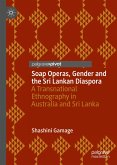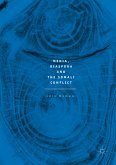-Professor Nikos Papastergiadis, University of Melbourne, Australia
"This compelling collection of essays provides insightful perspectives on border regimes and memory practices. Each chapter offers a rich exploration of the complex manner in which memory, aesthetics and mediation shape the politics of bordering practices in Europe. With its theoretical and methodological range, this book significantly extends the interdisciplinary understanding of migration and borders."
-Professor Radha S. Hegde, New York University, USA and author of Mediating Migration (2016)
Increasingly, the European Union and its member states have exhibited a lack of commitment to protecting the human rights of non-citizens. Thinking beyond the oppressive bordering taking place in Europe requires new forms of scholarship. This book provides such examples, offering the analytical lenses of memory and temporality. It also identifies ways of collaborating with people who experience the violence of borders. Established scholars in fields such as history, anthropology, literary studies, media studies, migration and border studies, arts, and cultural studies offer important contributions to the so-called "European refugee crisis".
Dieser Download kann aus rechtlichen Gründen nur mit Rechnungsadresse in A, B, BG, CY, CZ, D, DK, EW, E, FIN, F, GR, HR, H, IRL, I, LT, L, LR, M, NL, PL, P, R, S, SLO, SK ausgeliefert werden.



